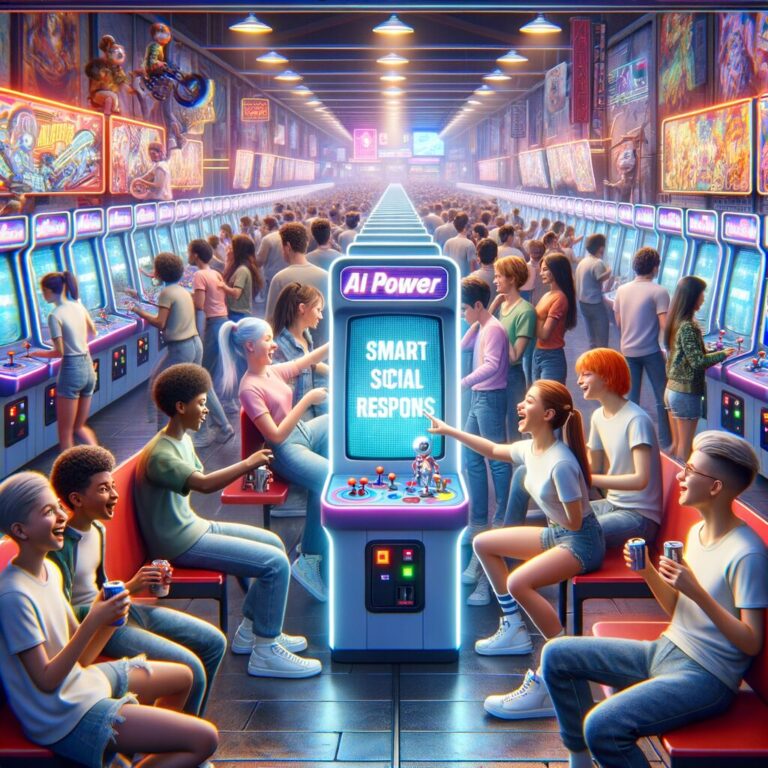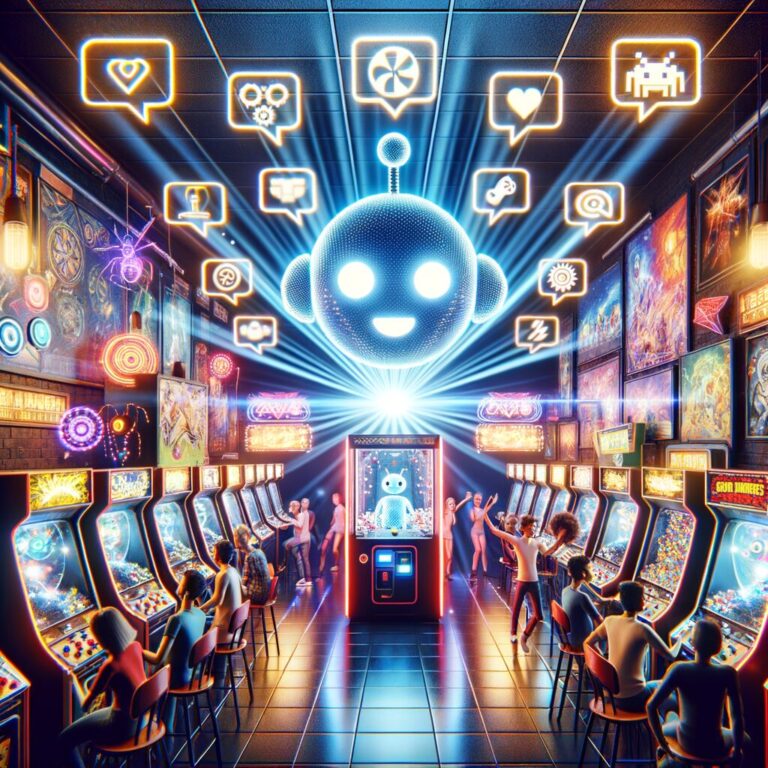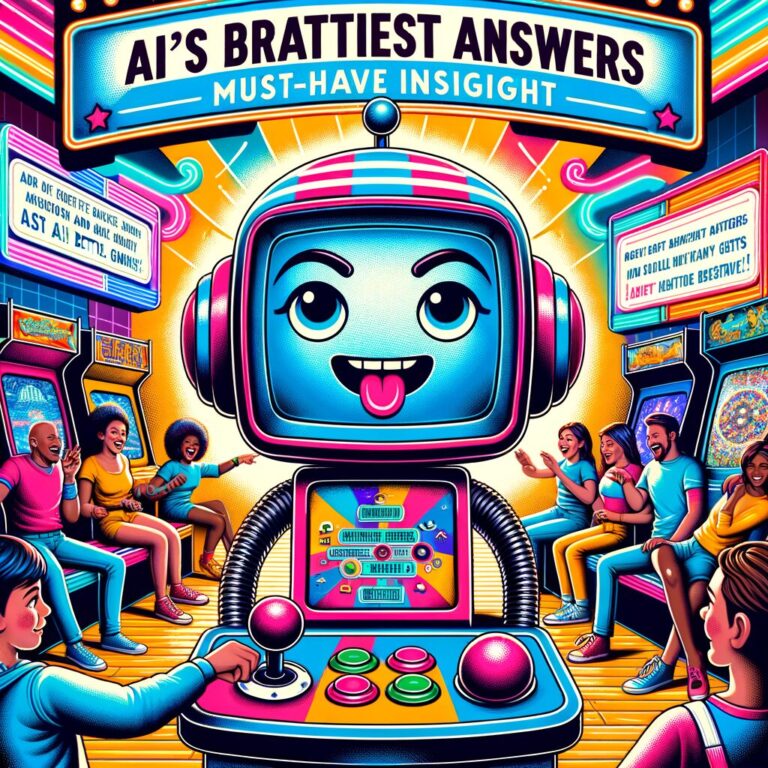Artificial Intelligence’s Potential to Surpass the Class Clown: Unbeatable Laughter
Artificial Intelligence (AI) has been making significant strides in various fields, from healthcare to finance. It is now poised to revolutionize another area of human experience: humor. The development of AI technology has reached a point where it can generate jokes, understand humor, and even engage in witty banter with humans. This progress raises intriguing questions about the future of comedy and the possibility of AI surpassing the class clown in delivering unbeatable laughter.
The Rise of AI in Comedy
AI’s foray into comedy is not a recent development. Researchers and developers have been exploring ways to incorporate AI into the world of humor for years. One of the key challenges in creating AI comedians is teaching machines to understand the nuances of humor, including wordplay, timing, and cultural context.
With advancements in natural language processing and machine learning, AI systems are now becoming increasingly adept at generating jokes and engaging in humorous dialogues. These systems can analyze vast amounts of data to identify patterns that are likely to elicit laughter, leading to the creation of AI-generated jokes that rival those crafted by humans.
AI as the Ultimate Class Clown
The potential for AI to surpass the class clown in delivering laughter lies in its ability to continuously learn and improve. While human comedians may have a finite repertoire of jokes and comedic styles, AI systems have the advantage of infinite scalability. They can analyze vast quantities of comedic material and continuously refine their humor generation algorithms based on audience feedback.
Moreover, AI comedians can cater to diverse audiences by personalizing their jokes and humor styles. By analyzing individual preferences and humor triggers, AI systems can tailor their comedic output to maximize laughter and engagement.
The Future of Comedy and Entertainment
As AI technology continues to evolve, its impact on the world of comedy and entertainment is likely to expand. AI comedians could become regular fixtures in comedy clubs, talk shows, and even online platforms, offering audiences a new form of entertainment that blurs the lines between human and machine creativity.
The rise of AI in comedy also raises ethical and societal questions. Will AI comedians replace human performers? What are the implications of relying on machines for humor and entertainment? These are complex issues that will need to be addressed as AI technology increasingly infiltrates the comedy industry.
Embracing AI’s Humorous Potential
While the idea of AI surpassing the class clown may initially seem far-fetched, the rapid advancements in AI technology suggest otherwise. As AI systems become more sophisticated and adept at understanding human behavior and emotions, their potential to deliver laughter and entertainment on par with human comedians becomes increasingly likely.
The key lies in embracing AI’s humorous potential while also acknowledging the unique qualities that human comedians bring to the table. By leveraging AI technology to enhance comedic experiences rather than replace them, we can create a future where laughter knows no bounds, courtesy of both human and artificial wit.






